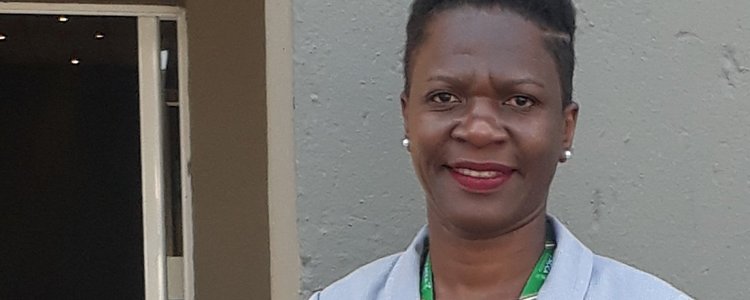In line with the Malabo Declaration, the Agenda 2063 of the African Union and the SDGs, the 2ACCA fostered learning and widespread awareness and interest in the uptake and spread of Conservation Agriculture. Sara Kaweesa made a presentation entitled, "Conservation agriculture in Northern Uganda" and also submitted a condensed paper entitled, "Conservation Agriculture Adoption in Mid-Northern Uganda".
Conservation Agriculture (CA) is a No-Till farming system based on three established principles namely minimum soil disturbance, permanently covered soils (with mulch or cover crops), and crop rotation. CA is known to improve soil health and water conservation through reducing soil erosion and degradation and increasing farm yields among other benefits. Results from three districts located in the Lango region, Mid-Northern Uganda show that there is reasonable uptake of CA. The farmers' uptake of CA was attributed to knowledge gained from the trainings and demonstrations and most importantly the dissemination approach. The impacts attributed to the use of CA at household level were improved yields and increased incomes reflected in developments at that level. Some constraints however included the expensive credit that limits the possibilities for the farmers to invest in their farming ventures; inadequate machinery shared between the farmers and hence frustrating early planting plans and minimum extension services among others.
Sara Helen Kaweesa is continuing her doctorate at the University of Natural Resources and Life Sciences, Vienna (BOKU). Her thesis on conservation agriculture uses Mid-Northern Uganda as a case study. Prior to that, Sara convened a non-governmental organisation that engages in innovative projects on sustainable development. Sara was a secondary school teacher before furthering her carrier. She holds training certificates from agencies like Tear Fund, UNEP, Oxfam GB and IIED among others. With over thirteen years of work experience, Sara has had influence in several alliances at local, national and global levels. She has spoken widely at local and international gatherings, in Uganda and abroad, so widely travelled. She serves on a few boards and is an alumna of the Tropical Biology Association and the Earth Watch Institute. Sara is a self-motivated woman leader and is such a speaker that often leaves her audience inspired.
